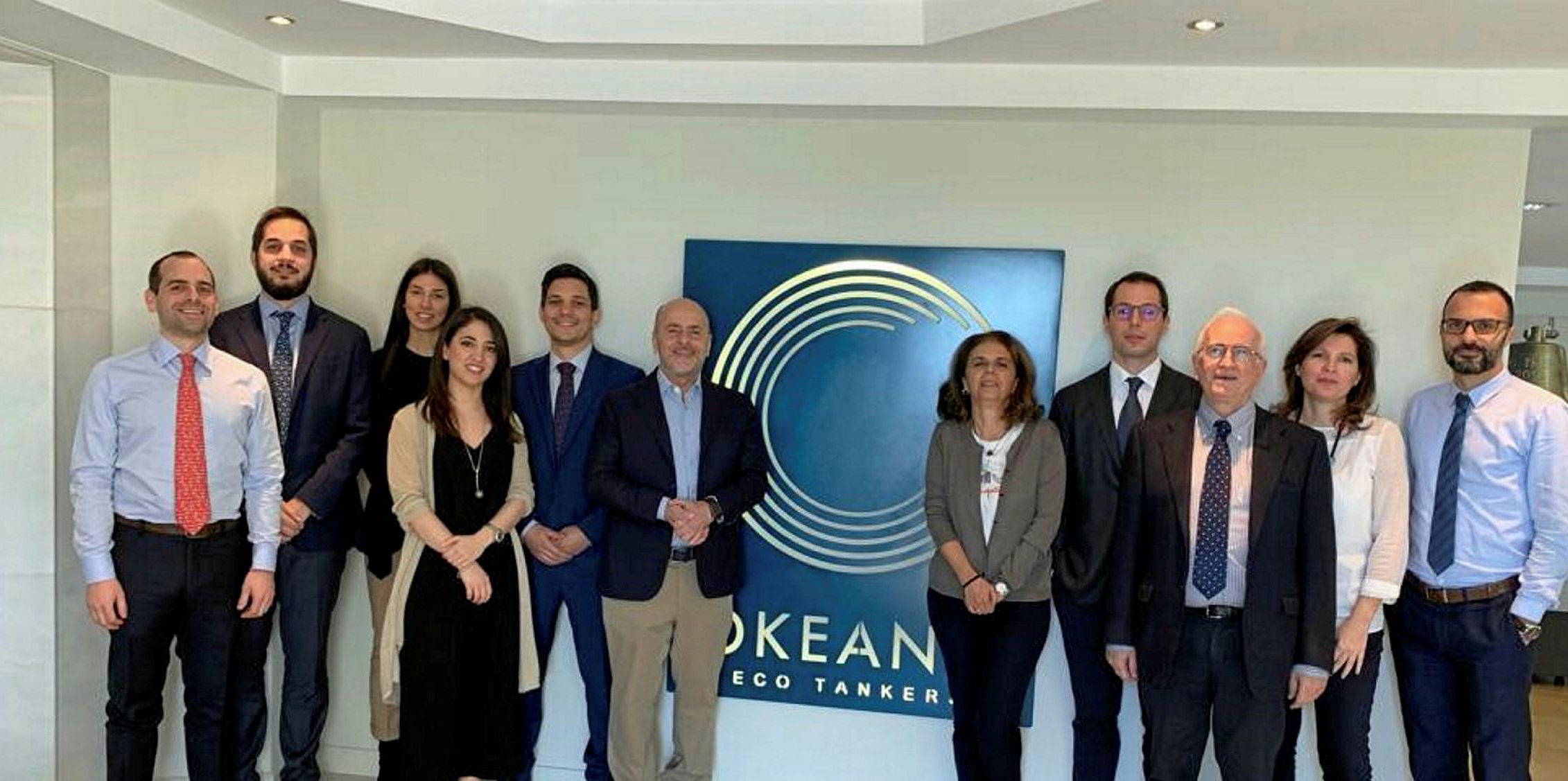Shipowner-backed Maritime & Merchant Bank has seen a fall in the credit quality of boxship and bulker loans during the coronavirus-hit second quarter.
But the Norwegian-listed niche lender, back by investors like Henning Oldendorff and Klaveness Marine Finance, said it is ready to work with clients to finance new projects.
Net interest income dropped to $5.4m from $7.27m in the three months to 30 June, with net profit declining to $789,000 from $2.25m in 2019.
This was partly due to lower lending volumes of $284.8m, compared to $293.22m in the year-ago period.
"The reduction is due to early repayment and temporary stricter lending criteria post Covid-19. The lending criteria will be back to normal in third quarter 2020," M&M said.
The bank has made loan loss allowances of $2.64m, up from $0.85m a year ago, as it revised risk classifications on individual commitments and moved some loans up to stage two and three, the highest level of restructuring before default.
Bulkers and boxships hit
"The credit quality of a majority of the loans to the bulker and container segments have deteriorated due to the reduction in cargoes to be lifted in those segments and reduced rates as well as uncertainty regarding future marked conditions," it said.
The majority of loans, 77%, remain in stage one, however.
The loss allowance increased by $1.2m from the first to second quarters.
The bank has only one exposure in default. Non-performing loans amounted to 0.8% of total lending at $2.28m.
Total assets ended at $573m from $493m a year ago.
Risk profile increases
"The average weighted quality of the portfolio is moderate risk, but the whole portfolio has migrated from a strong concentration around the mid-point to a more diversified distribution with a tail into high risk classification – the average risk for both bulkers and container vessels have migrated to higher risk classes through the quarter, while tankers and gas has been stable or migrated into lower risk classes," the lender said.
All loans are secured with first priority mortgages, most of which were secured within 50% of appraised values when granted, giving a "limited potential for future losses," it added.
The loan portfolio comprises 22.8% of bulk carrier finance, tankers on 45.9%, 27.6% for containerships, 2% for LPG carriers and specialised ships at 1.7%.
Looking ahead, the bank said: "The time required for restoring the global industry activities and seaborne trade in general will be crucial for an eventual upswing in freight rates for the dry bulk and container sectors, which hopefully could result in positive development during second half 2020.
"We will continue to work together with our clients in order to manoeuvre through these trying times. We are convinced that with common efforts we will be able to overcome the challenging times."
And it added: "We will work together with clients in order to materialise new projects going forward."






